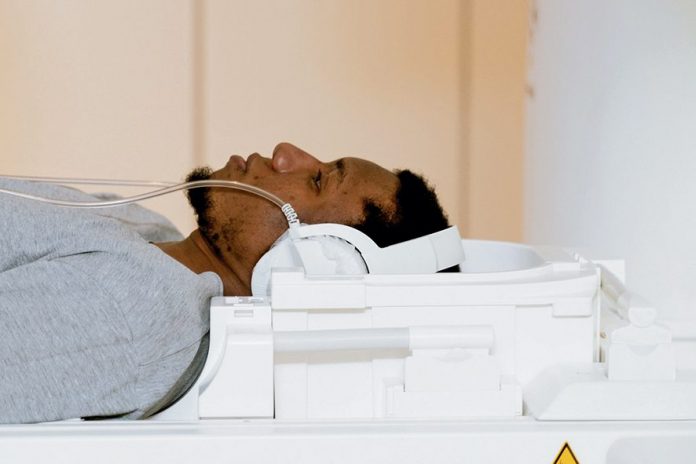The Health Professions Council of South Africa (HPCSA) is frustrated with the ongoing power cuts and is calling on government to exempt hospitals from loadshedding.
In a statement on Thursday, the HPCSA said loadshedding, currently at stage five, puts more strain on an already stretched out healthcare system.
Professor Simon Nemutandani, president of the HPCSA, said more than 80% of South Africans depend on public healthcare, noting that hospitals are buckling under pressure.
“Loadshedding has negatively impacted the provision of quality care in all our health facilities and [has] placed an enormous strain on health practitioners’ daily routine of work,” said Nemutandani.
“There are approximately 420 state-run hospitals and more than 3 000 state-run clinics across the country. While private facilities and secondary- and tertiary-level public hospitals appear to be well-equipped with generator banks, power supply interruptions place critically ill patients who are dependent on life-support machines at risk.
“The performance and life span of medical equipment and devices are negatively affected by power interruptions. On the other hand, smaller healthcare facilities including primary healthcare clinics, which are not equipped with generator banks, are often left in the dark.
“We remain confident that a collective effort on this call will undoubtedly lead to the improvement of our healthcare services.”
Meanwhile, Dr Adam Mohamed, head of internal medicine at Charlotte Maxeke Johannesburg Academic Hospital, has started a petition also calling for hospitals to be exempt from loadshedding.
“Streets with ministerial homes do not get loadshed but hospitals that are used to save lives do. Does that mean that the lives of politicians are more important than those of the sick public?” asked Mohamed.
“During loadshedding, a hospital like Charlotte Maxeke burns through between 800 and 900 litres of diesel a day. This translates to an expenditure of between R5-million and R8-million a month that comes out of the provincial health budget.
“This means there is R5-million to R8-million less to spend on patient care. The supply of water is also affected during loadshedding, which has a direct impact on hygiene and an increase in the spread of infections,” added Mohamed.
Follow @SundayWorldZA on Twitter and @sundayworldza on Instagram, or like our Facebook Page, Sunday World, by clicking here for the latest breaking news in South Africa. To Subscribe to Sunday World, click here.
Sunday World



